Whether it's your first or your last 5kg, losing this amount of weight is a big deal. For some, losing 5kg means fitting into their favourite pair of jeans, climbing up a flight of stairs without losing their breath, or reducing their diabetes medication. Unfortunately, the recipe for weight loss isn't a one-size-fits-all formula. What helps one person shed kilos may backfire on another. Your friend might swear by intermittent fasting, but you find it difficult to do with your schedule. Or your co-worker says Whole30 helped her quit her sugar cravings, but you can't seem to shake the sweet stuff. No matter which way you diet, here are the best ways to lose 5kg.


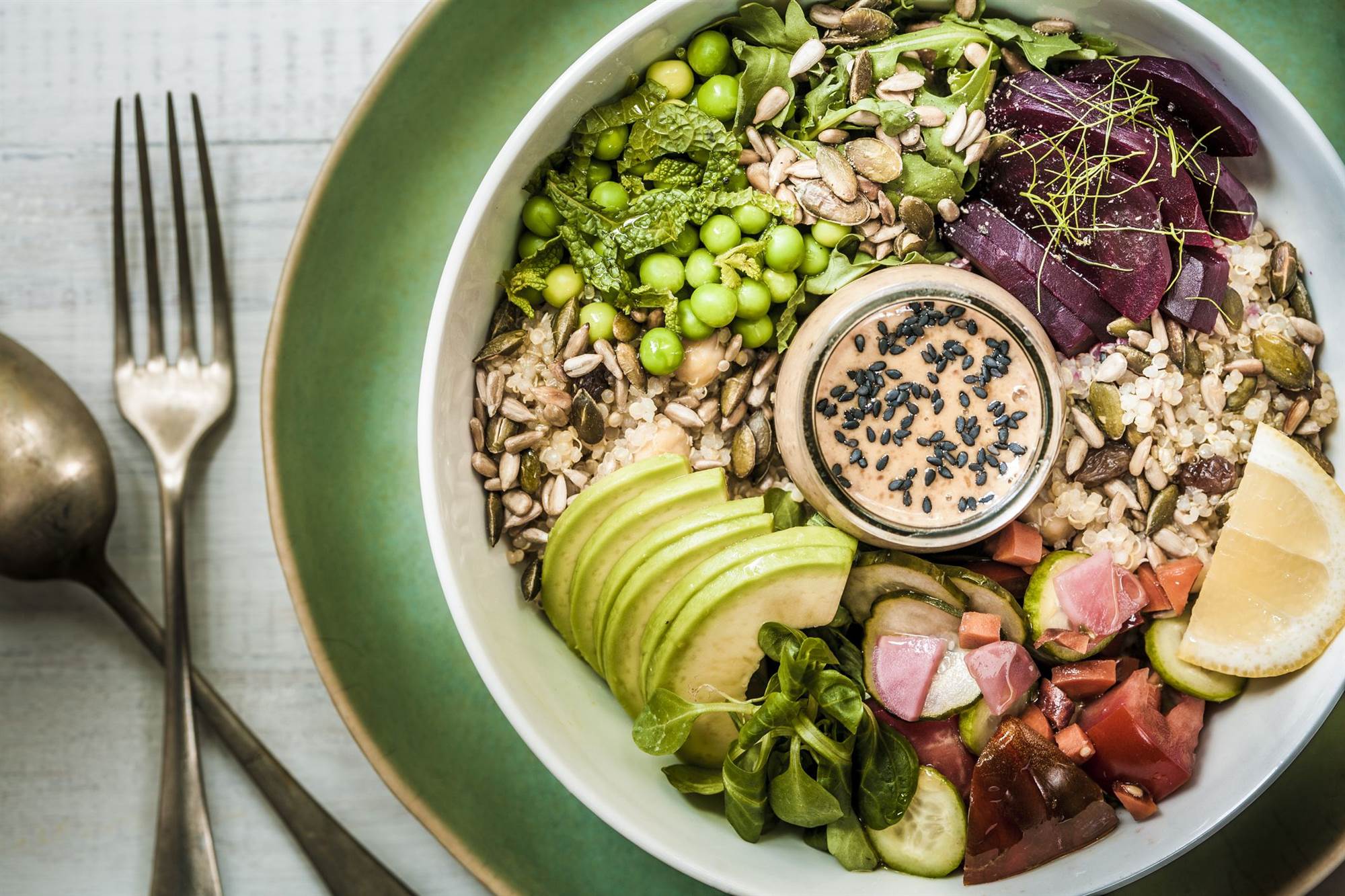
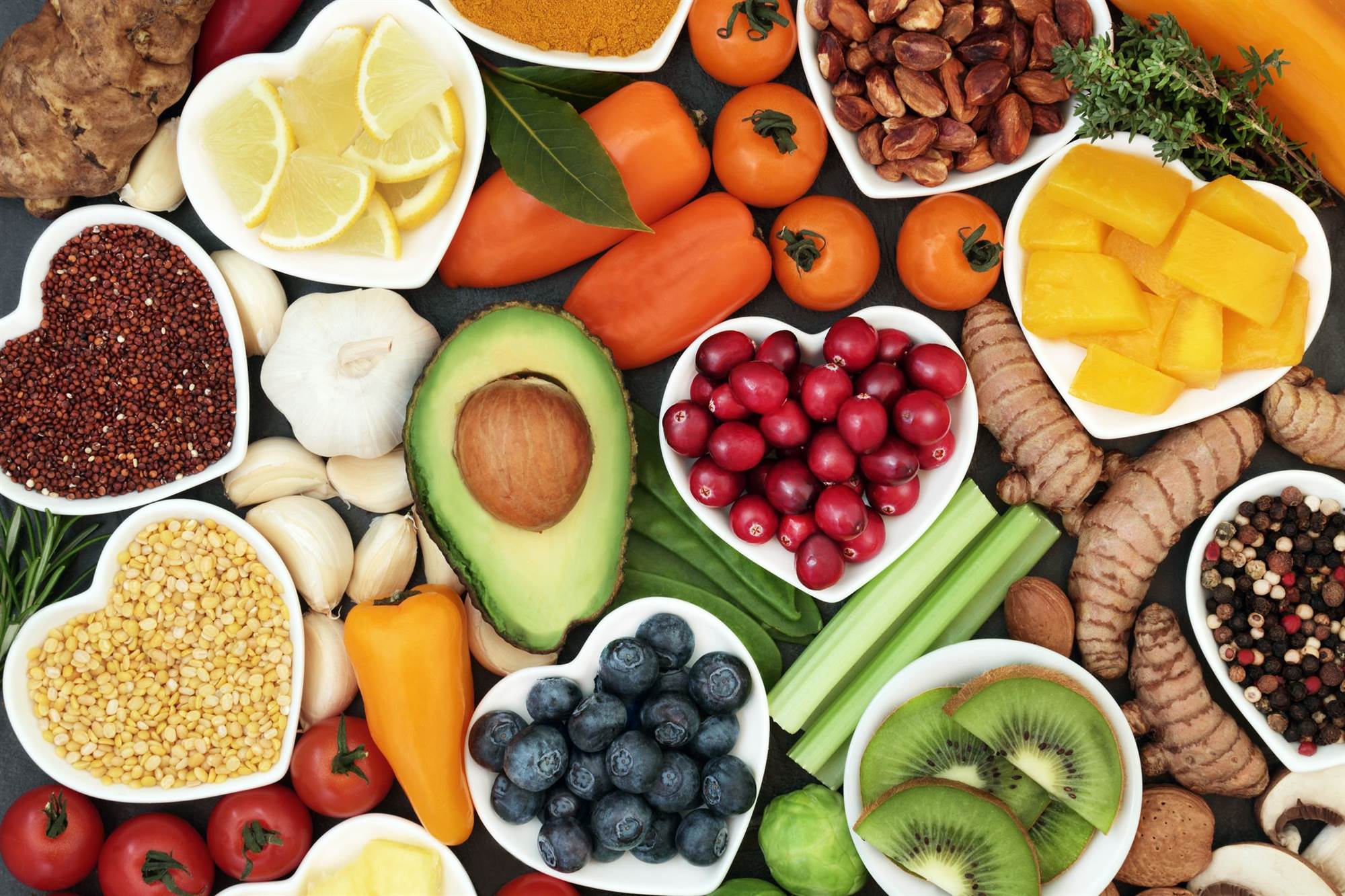

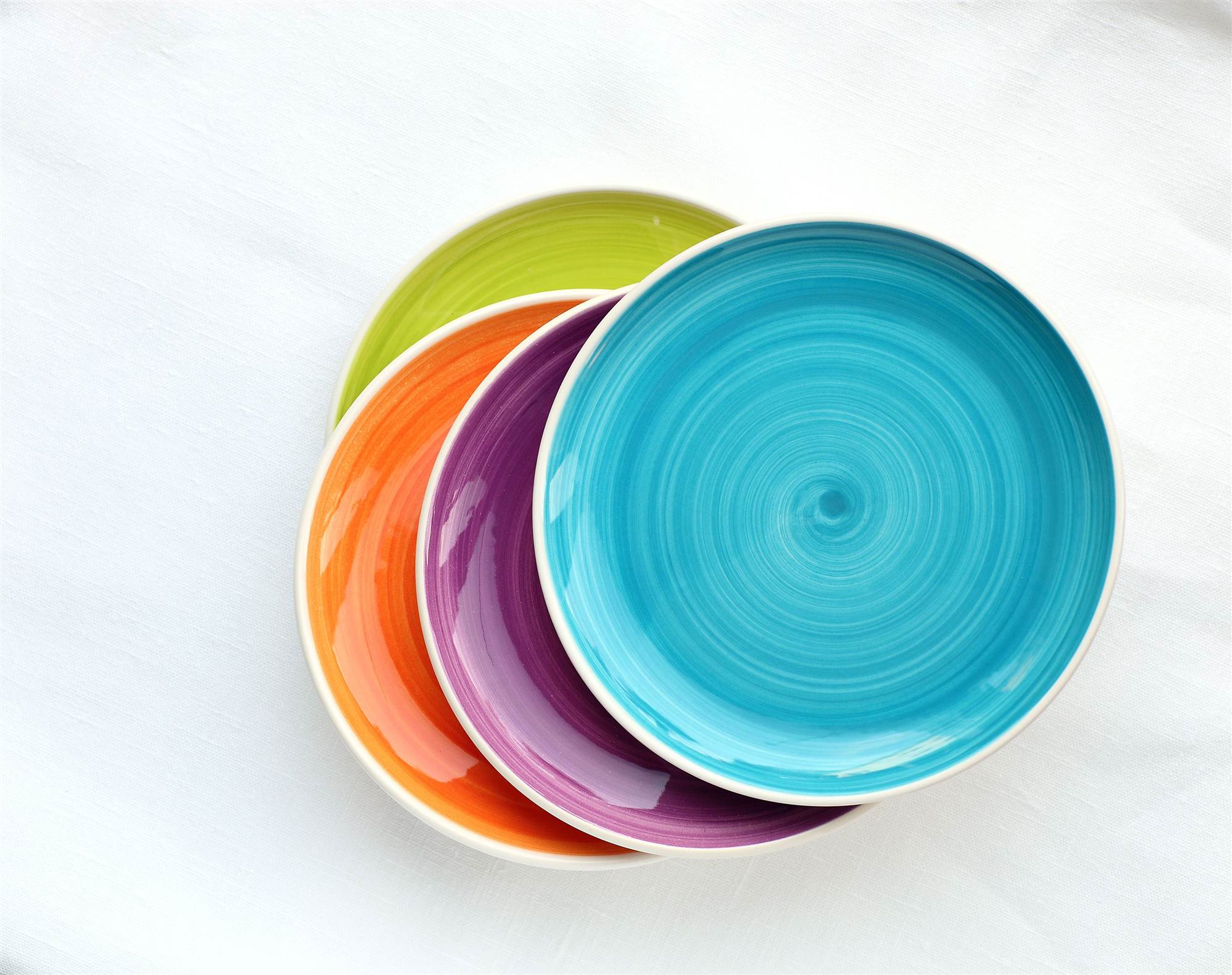
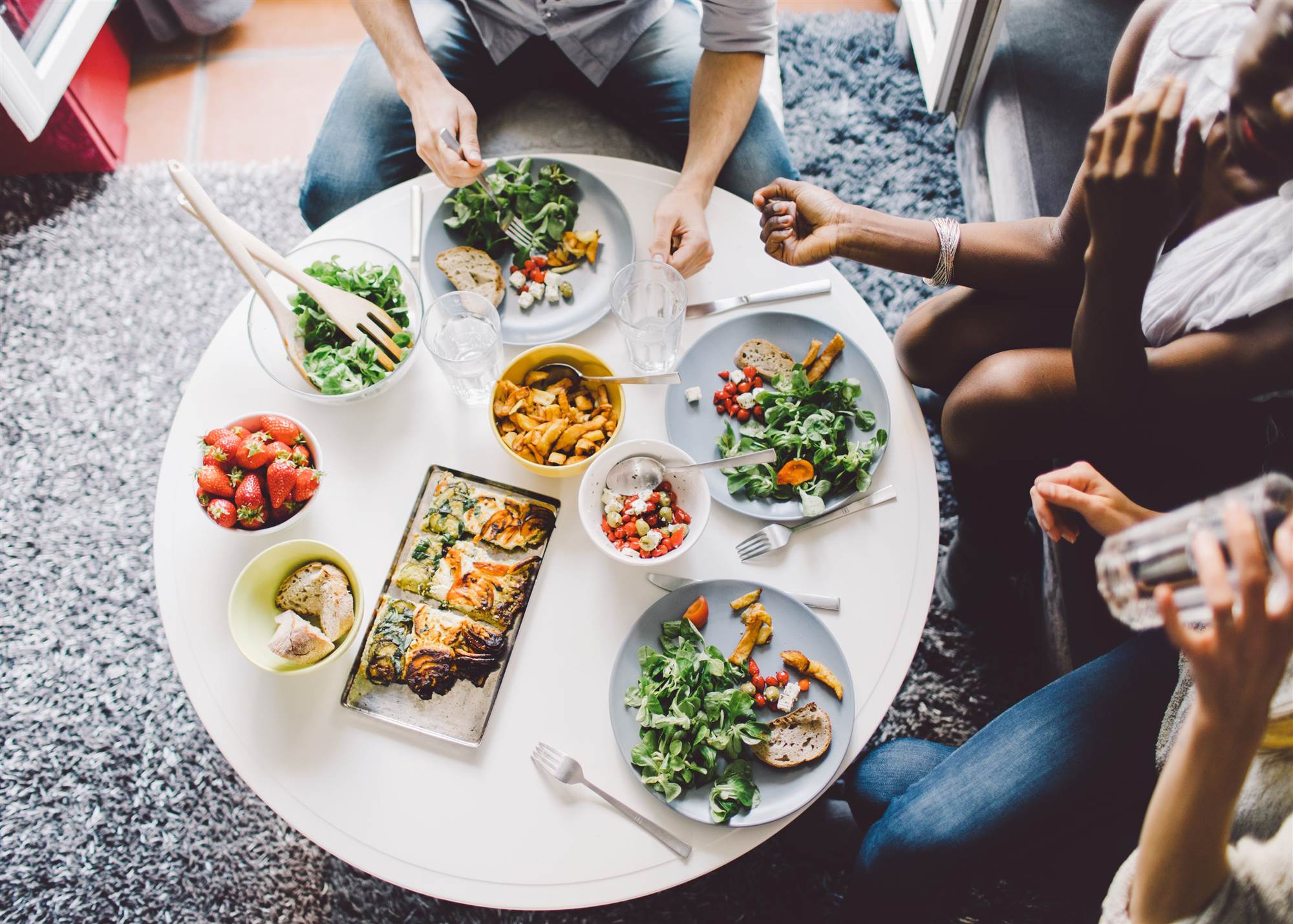
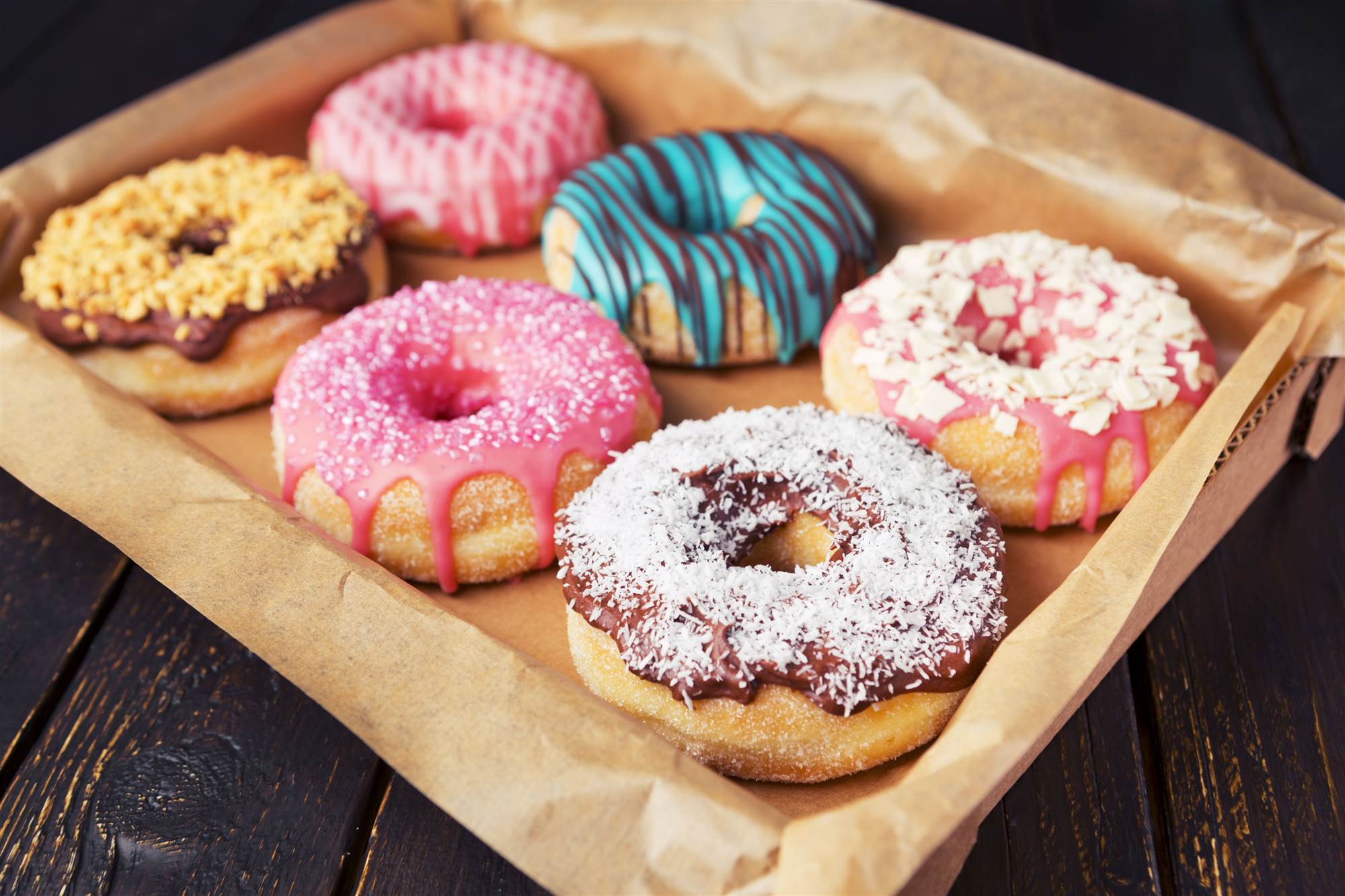
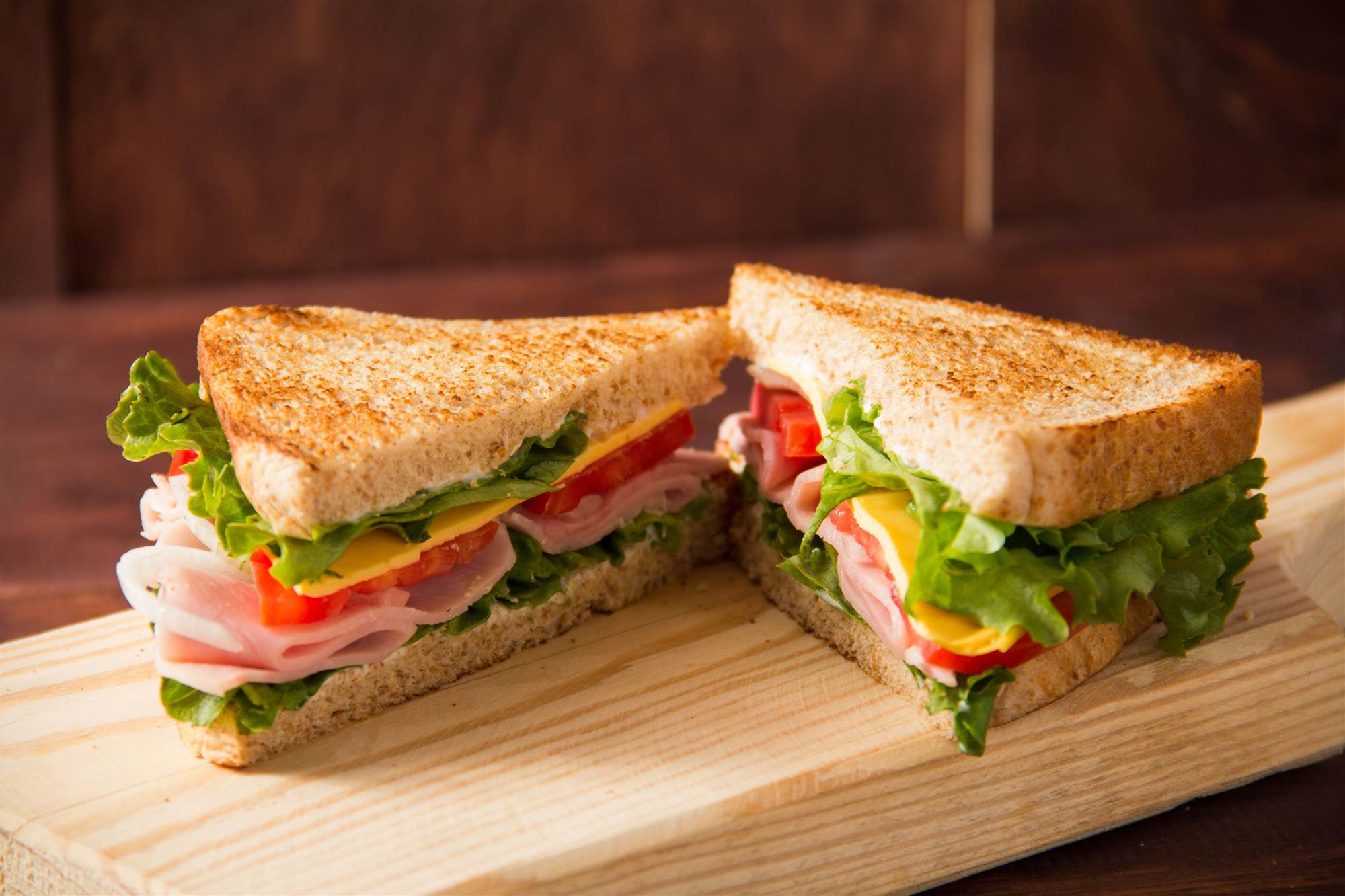

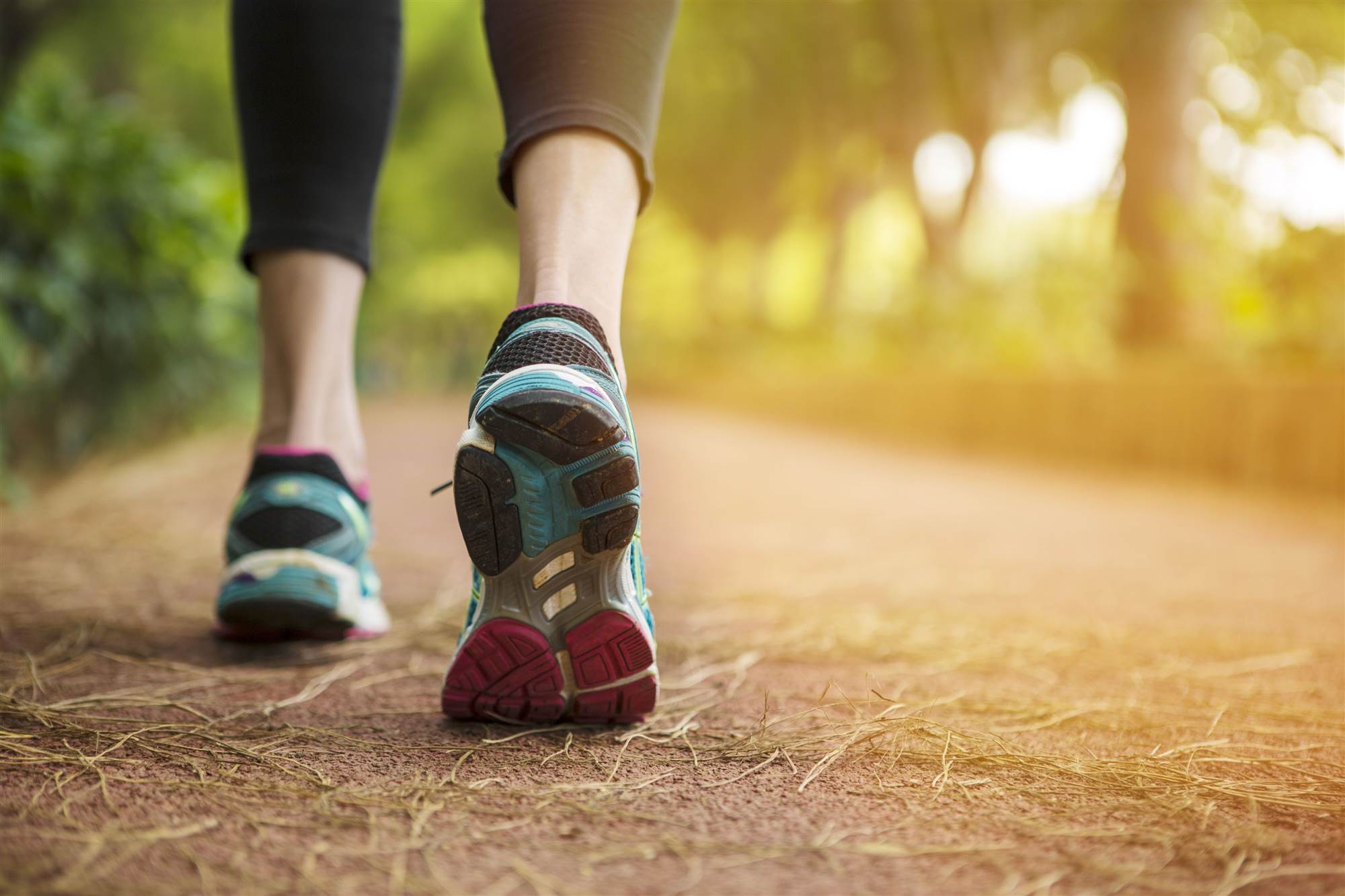

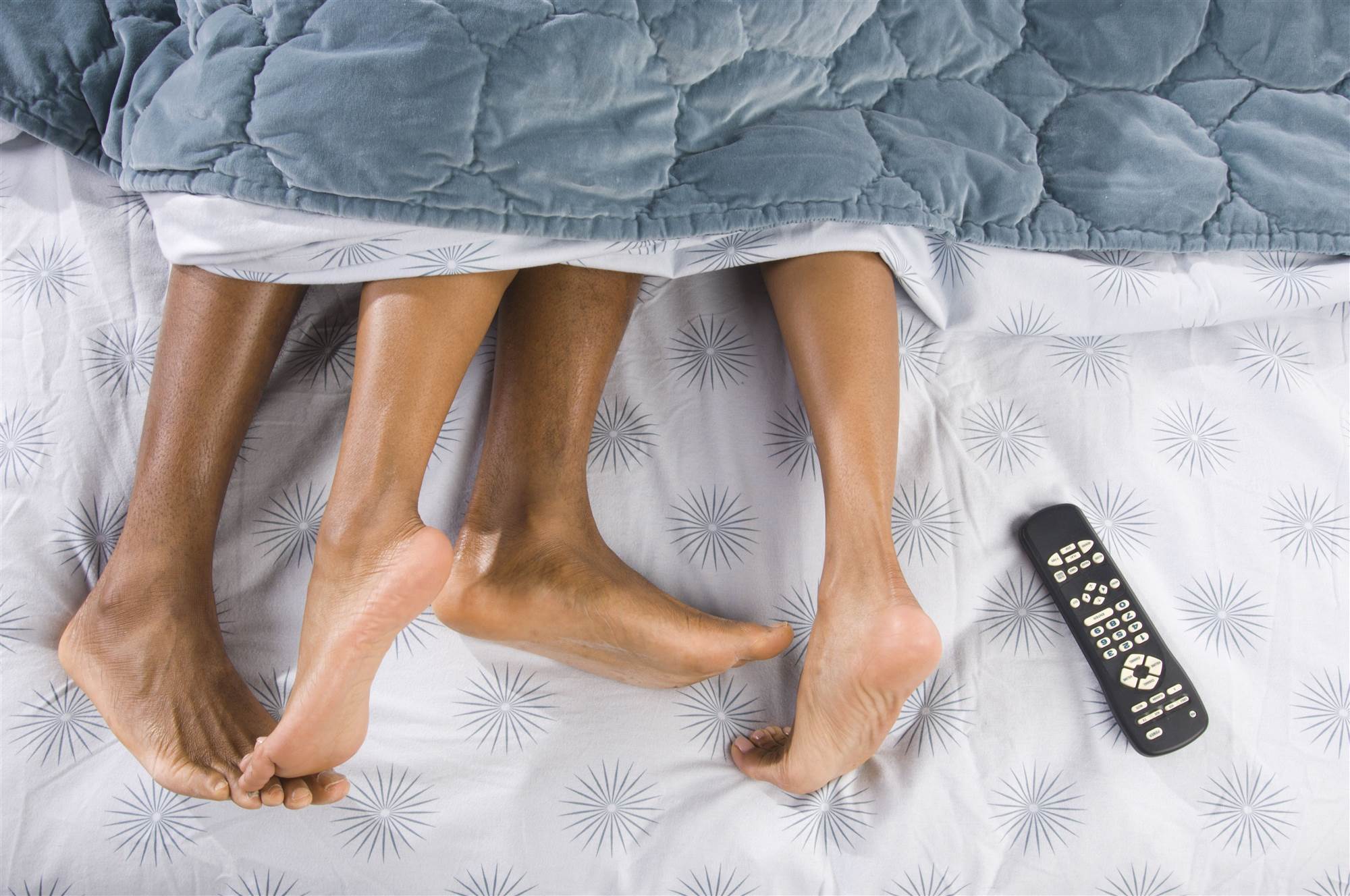


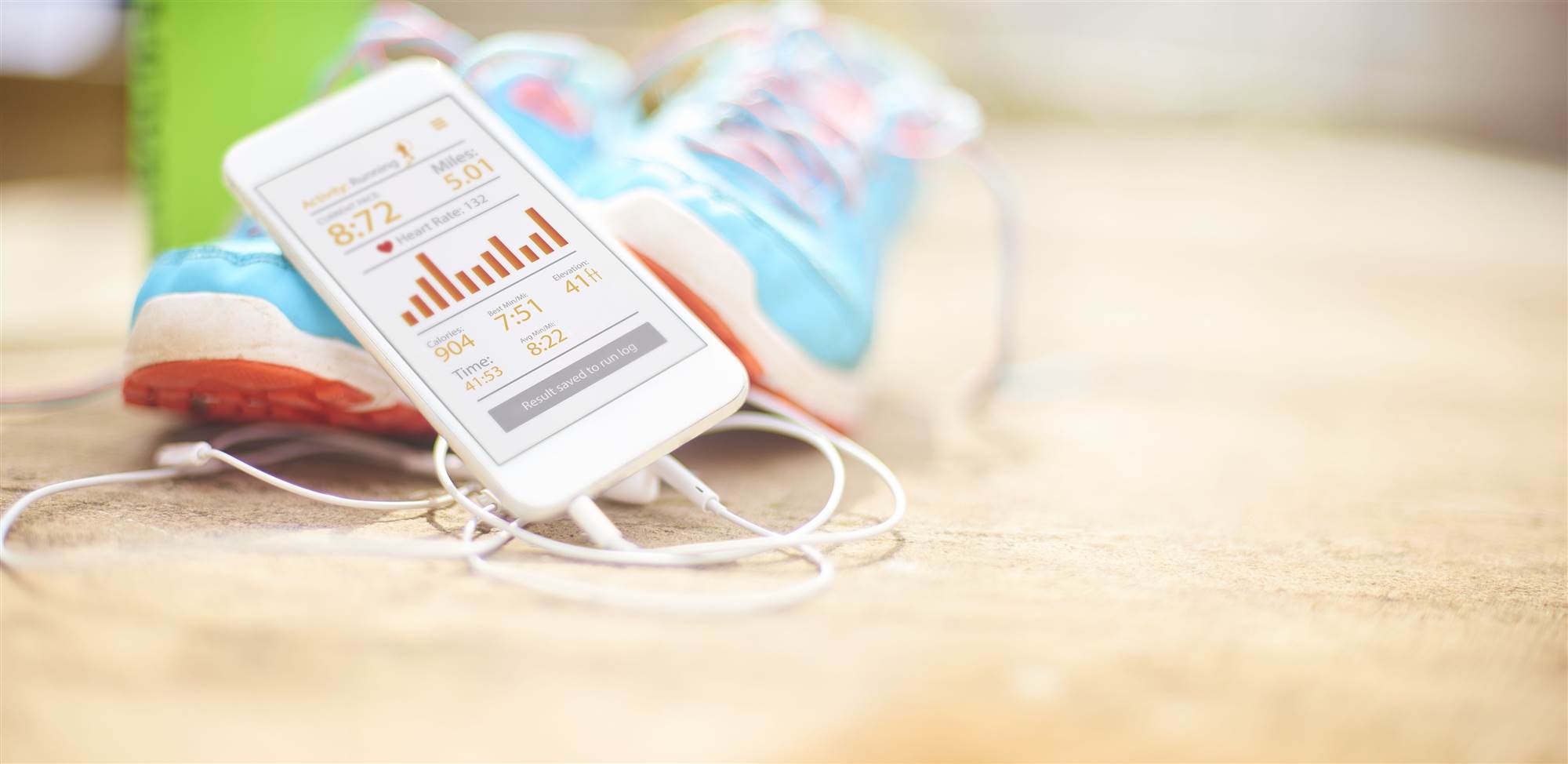
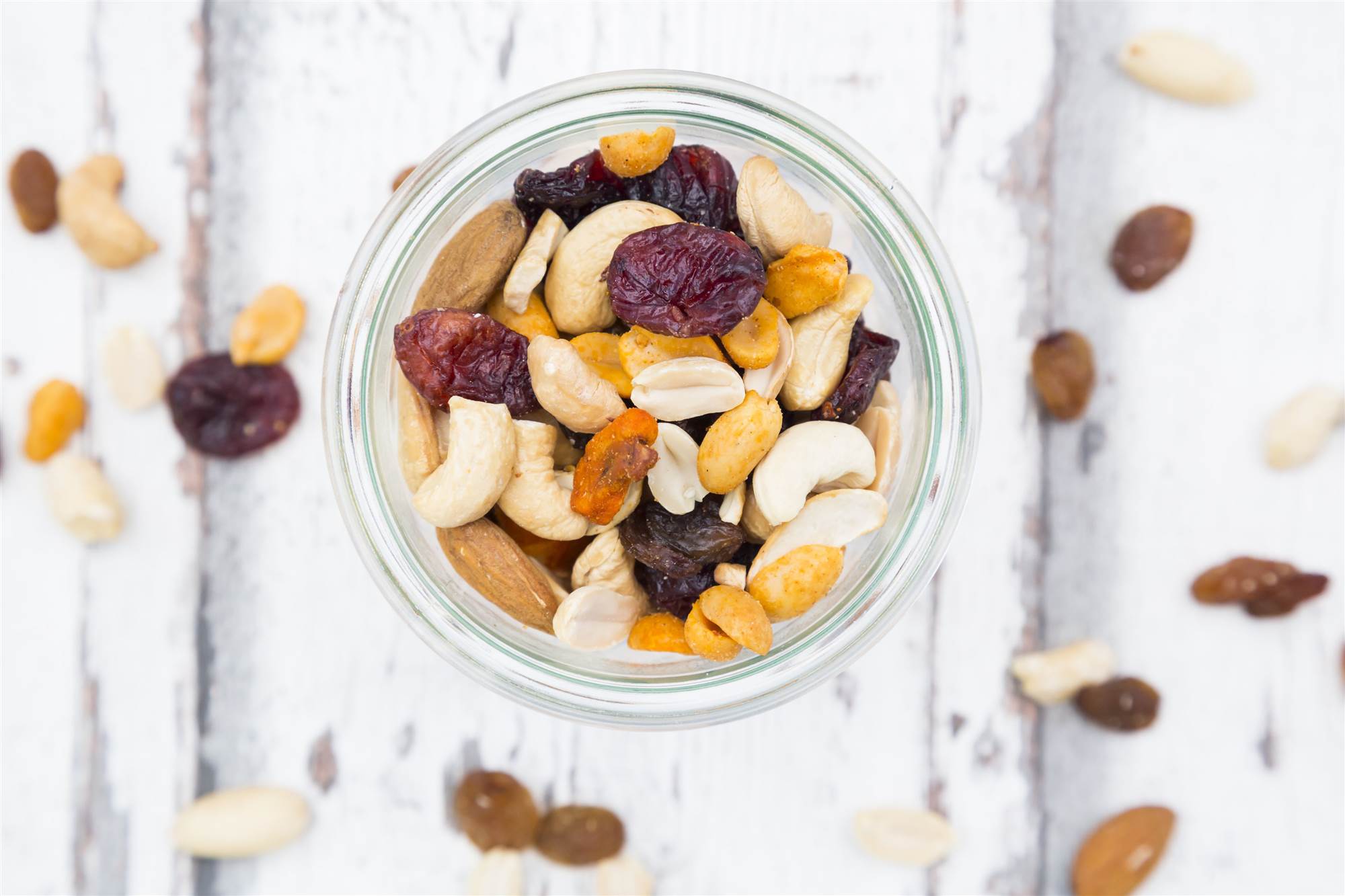
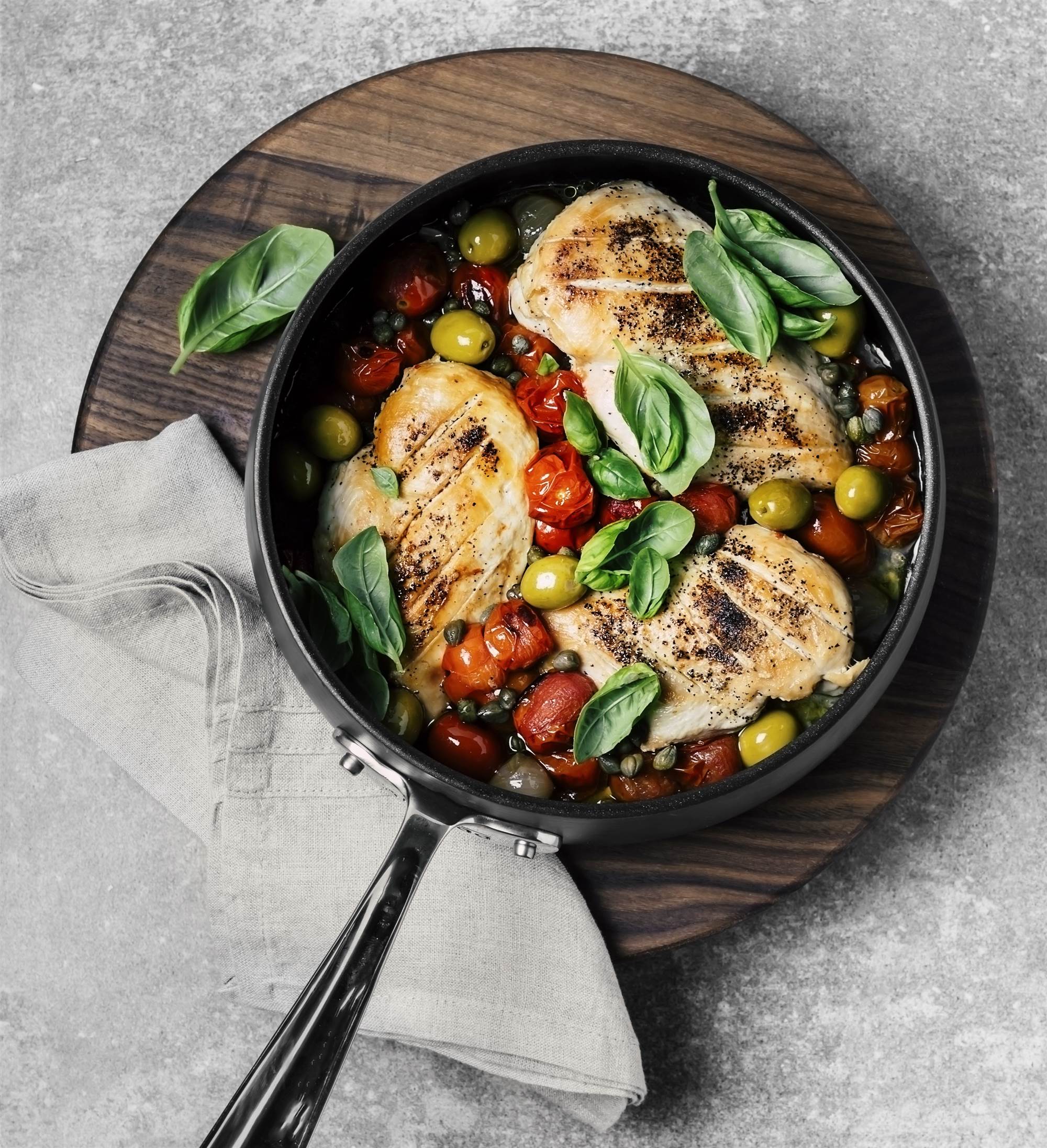

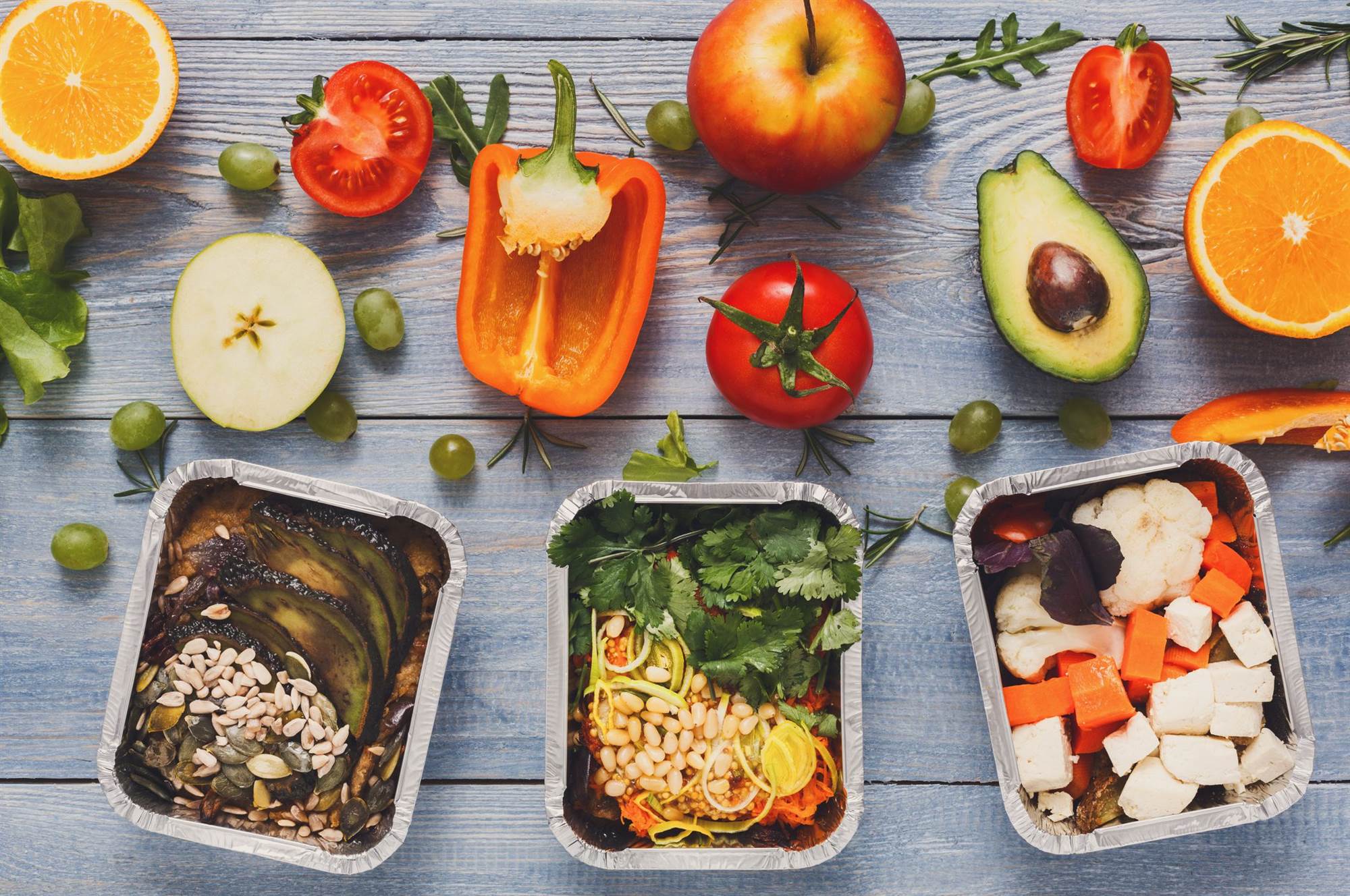

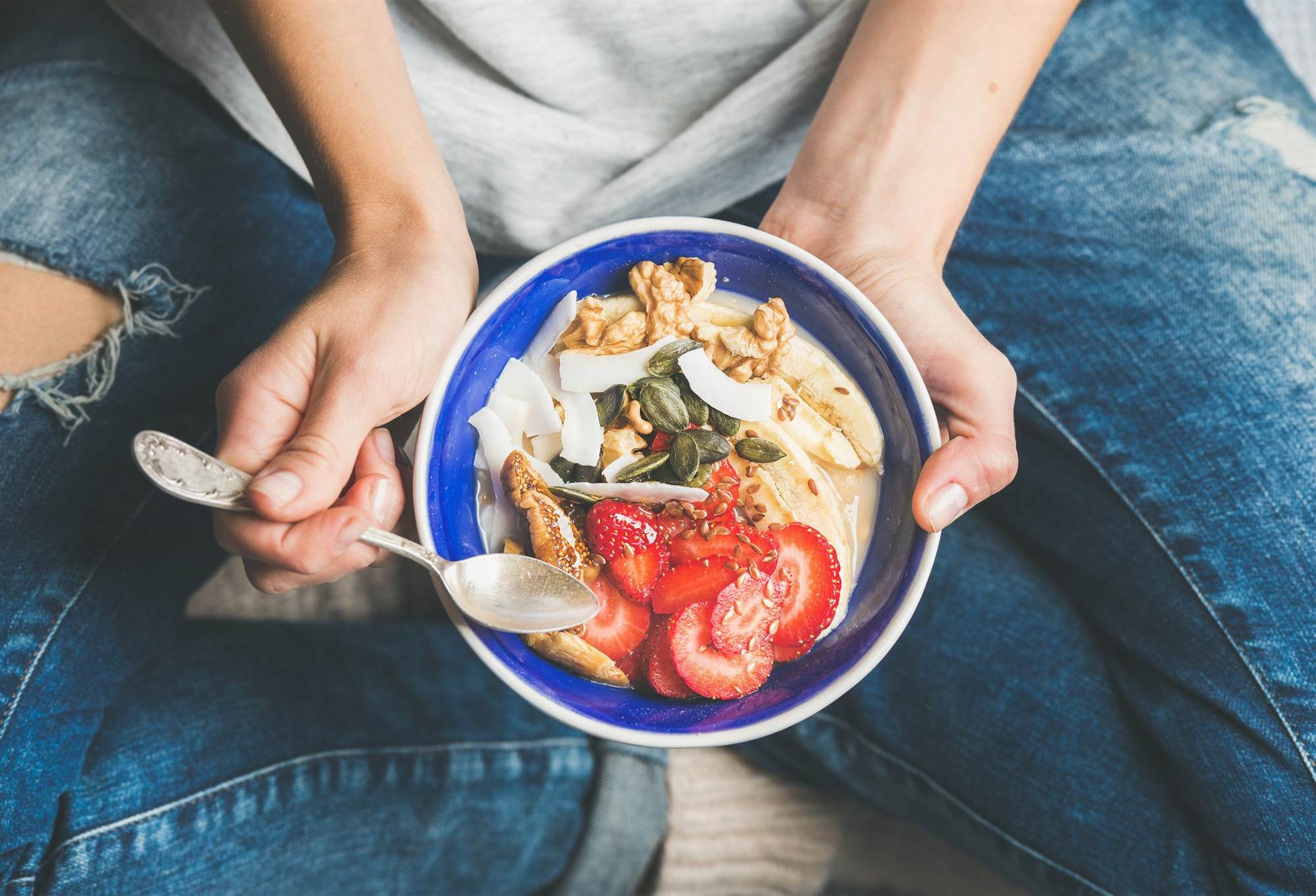


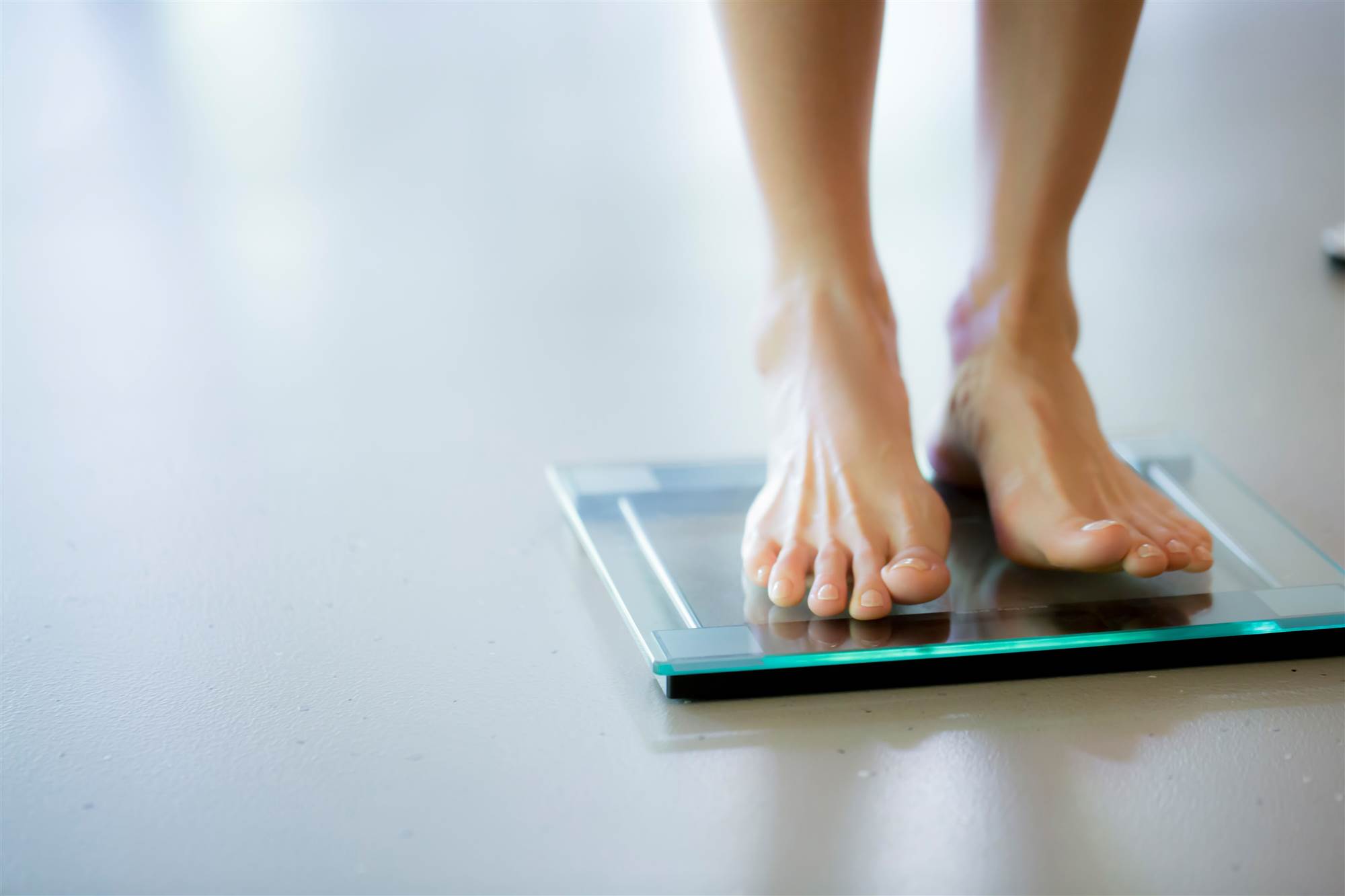
Sergey Nazarov ©Getty Images
Stay hydrated
Research shows that dieters who guzzle plenty of H2O lose more weight than those who don't. A 2012 study from Obesity suggests that drinking water can help promote weight loss over sweetened and unsweetened beverages. Keep your glass interesting and infuse some natural sweetness by throwing in a few pieces of fresh fruit.
Sergey Nazarov ©Getty Images
Don't feel pressured to eat your entire meal
If you're feeling full and satisfied, consider splitting your plate into two and saving the leftovers for later. You can also snack on them later in the day.
Sergey Nazarov ©Getty Images
Go meatless-at least once a week
In general, vegetarians and vegans have a lower bodyweight than their meat-eating peers. That's because meat is more kilojoule-dense, not to mention more saturated fat compared to its plant-based counterparts.
Sergey Nazarov ©Getty Images
Eat wholesome foods
Eliminating processed, packaged foods from your diet such as crackers, chips, cookies, and candies, will help you avoid empty kilojoules and artery-clogging saturated fats. Choose fresh, whole foods like vegetables and fruits to nourish your body with powerful antioxidants and keep hunger a bay-and thus, keep the weight down.
Sergey Nazarov ©Getty Images
Get cooking
Dining out will naturally increase your kilojoule intake without you realising it. More often than not, restaurants will pack a tonne of salt, oil, and sugar into their meals. Moreover, some restaurants use larger dishes to plate their meals, so the portion sizes can be deceiving. Save yourself the extra kilojoules and cook a nutritious meal at home. Think: roasted vegetables, hearty quinoa, baked salmon. You can enjoy it any way you like!
Sergey Nazarov ©Getty Images
Use smaller plates
Is portion control your kryptonite? Sometimes the size of your plate might influence you to get more food than you really need. Use a smaller plate to help you balance your meals and consume fewer kilojoules.
Sergey Nazarov ©Getty Images
Limit distractions during meal time
Avoid scrolling through your phone or responding to emails when you're eating. These distractions can lead to overeating and feeling unsatisfied with your meal. Be sure to chew your food thoroughly and take sip of water in between bites to help you digest the food fully.
Sergey Nazarov ©Getty Images
Curb your sweet tooth
You know by now how bad sugar can be for your health. A 2016 study from Progress in Cardiovascular Disease shows that a diet high in added sugars can cause a three-fold increased risk of death due to cardiovascular disease. Be sure to also keep tabs on your liquid consumption. Soft drinks, sweetened teas, sugary coffee drinks, and sports drinks are hidden sources of the white stuff.
Sergey Nazarov ©Getty Images
Eliminate refined carbs
You should avoid eating breads, crackers, cereals, pasta, and baked goods made with white flour. Unlike foods made with whole grains, those with refined flours lack the fibre that keeps hunger at bay and your digestive system humming.
Sergey Nazarov ©Getty Images
Limit your alcoholic intake
Enjoying an alcoholic beverage every now and then is fine...or not. A 2018 study from Lancet suggests that no amount of alcohol is safe, but if you must imbibe, we recommend going for these low-kJ alcoholic drinks. These beverages keep the sugar count low by keeping things simple.
Sergey Nazarov ©Getty Images
Start steppin'
From aiding weight loss to improving your health to boosting your mood, there are countless benefits of walking every day. In fact, the Department of Health recommends that adults get at least 150 minutes (2 hours and 30 minutes) to 300 minutes (5 hours) a week of moderate-intensity exercise. Short walking breaks add up to weight loss. Plain and simple.
Sergey Nazarov ©Getty Images
Get enough zzz's
Research shows that those who don't get enough shut-eye eat more and reach for more fattening grub than people who get plenty of rest. Trouble snoozing? Try one of these 5 ways to sleep better every night.
Sergey Nazarov ©Getty Images
Get intimate
A 2013 study from PLOS One found that men burned about 422kJ (101cal) after 30 minutes of sex and women 289kJ (69cal). While that might not seem like a lot, getting it on more often can serve as an excellent cardio workout while boosting your mood and lowering stress. Try these sex positions tonight.
Sergey Nazarov ©Getty Images
Build a support network
Need some motivation to get to the gym? Enlist the help of a workout buddy. Having a fit pal you can exercise with regularly will help you stick to your goals and cheer you on through successes and setbacks.
Sergey Nazarov ©Getty Images
Keep track of your progress
Bullet journaling is one of the most effective ways to track your progress and set realistic goals for yourself every day, week, and month. You'll not only record what you ate and how many minutes you exercised, but you can also write down your feelings, challenges, and setbacks so you can come up with a plan to overcome them.
Sergey Nazarov ©Getty Images
Connect with others who want to lose weight
There are countless online communities built around weight loss and fitness apps that provide motivation, encouragement, and advice whenever you need to vent about setbacks or need a pat on the back for a job well done.
Sergey Nazarov ©Getty Images
Stock up on healthy snacks
While some people are able to get through the day without stomaching a single snack, if you need a pick-me-up, be sure to have healthy options. Nuts, smoothies, protein balls, and hummus with veggie sticks are great protein-rich, high-fibre snacks that'll keep hunger at a distance.
Sergey Nazarov ©Getty Images
Focus on protein
Protein is one of the most important macronutrients for your body. It's not only the building blocks of healthy hair and nails, but it also aids in weight loss by keeping you satiated, boosting your metabolism, and repairing your muscles post-workout. Go for lean protein such as eggs, chicken breasts, salmon, and grass-fed beef. For plant-based protein, reach for beans and legumes, quinoa, and tofu and tempeh. Check out these delicious high-protein recipes you can meal prep for breakfast, lunch, and dinner.
Sergey Nazarov ©Getty Images
Power up with HIIT
Want to speed up your metabolism and strengthen your muscles while spiking your heart rate up? Consider high-intensity interval training (HIIT). Studies have shown that working out in intervals, alternating with periods of max effort with recovery is more effective for burning kilojoules than steady-state cardio.
Sergey Nazarov ©Getty Images
Meal prep
Take your healthy eating to the next level with meal prep. Transforming everyday staples into nutritious meals that you can just reheat in minutes can make all the difference when you're about to hit the speed dial for take-out. Make a double batch of these one-pot dinners for busy weeknights.
Sergey Nazarov ©Getty Images
Sign up for a race
Dream of crossing a finish line? There's no better time to sign up for a race to give you the extra motivation and push you need to lose weight and get in shape. Sign up for local 5km races near you and enlist the help of a trainer. Consider also joining a run club to stay focused on your long training runs.
Sergey Nazarov ©Getty Images
Eat a healthy breakfast every morning
Breakfast is the most important meal of the day for a reason. Eating a hearty and nutritious morning meal will energise you to start your day right. Plus, it could help you avoid consuming more kilojoules later on in the day. A 2013 study from Obesity shows that a high-kJ meal at breakfast versus dinner was more effective for weight loss.
Sergey Nazarov ©Getty Images
Combat stress
Chronic stress has a big impact on your health. It can make you cave into indulging in unhealthy foods and put you at risk for a variety of health conditions. De-stress by taking a few minutes to meditate or take a walk every day. Taking a relaxing bath, listening to soothing music, and exercising are other ways to dial down the pressure.
Sergey Nazarov ©Getty Images
Bike to the office
Bike to the office instead of driving or taking the train. Being on wheels not only helps shrink your carbon footprint but helps you slim down as you burn kilojoules during your commute.
Sergey Nazarov ©Getty Images
Avoid weighing yourself every day
The number on the scale isn't the only marker of weight loss success. Just because the number isn't budging, it doesn't mean you aren't progressing. Your weight fluctuates every day based on your meals and fluid intake.
.jpg&h=630&w=1120&c=1&s=1)









